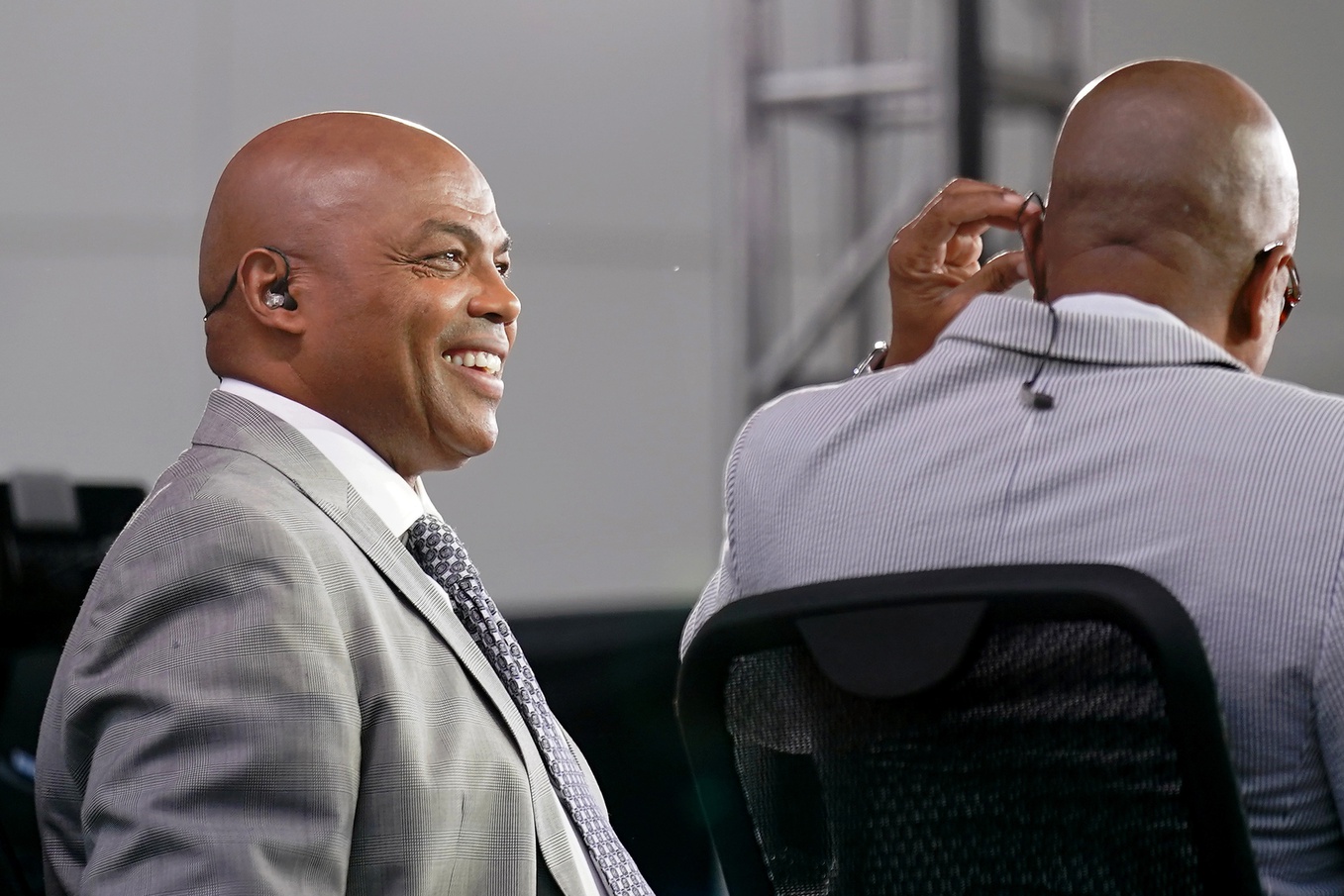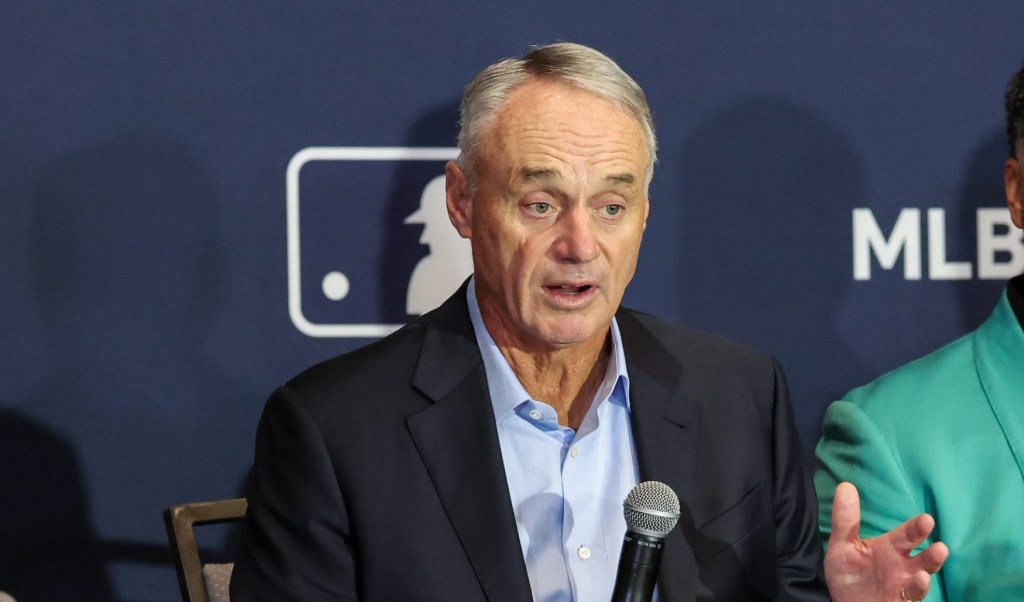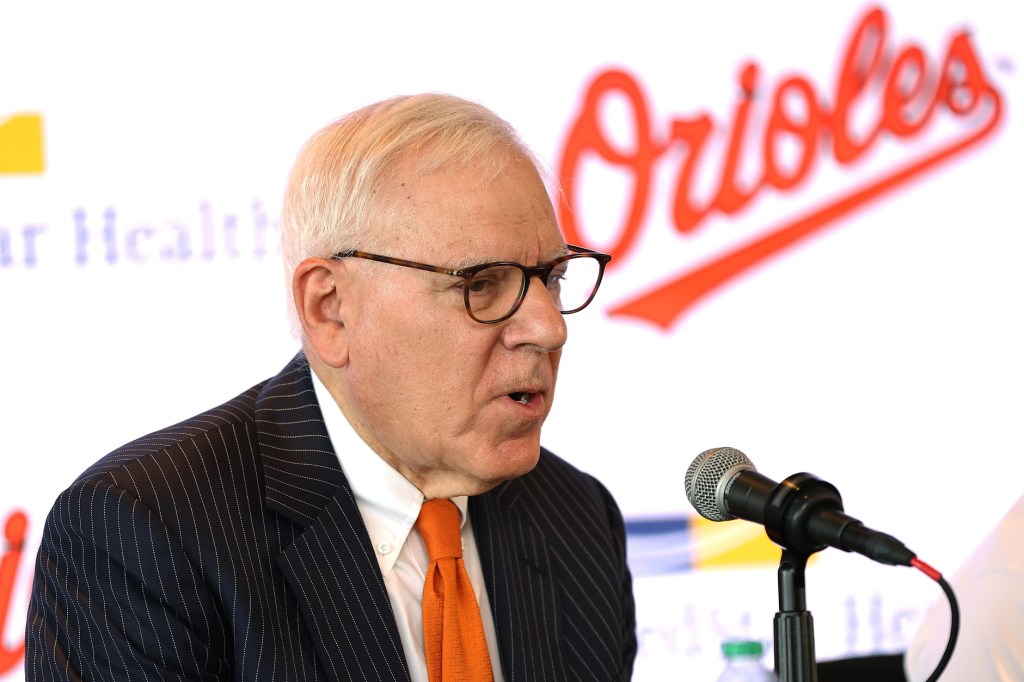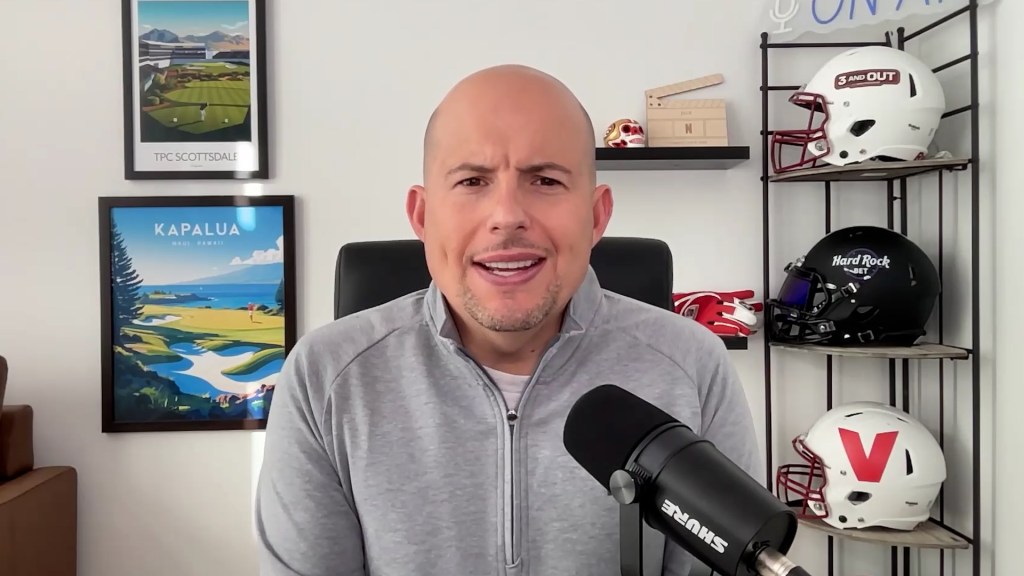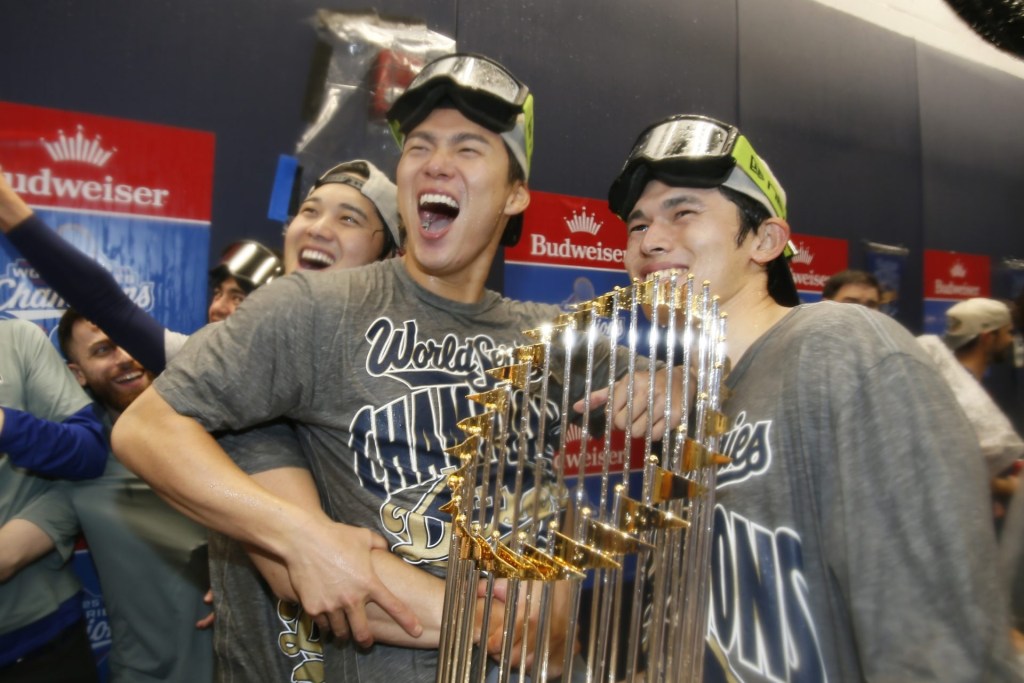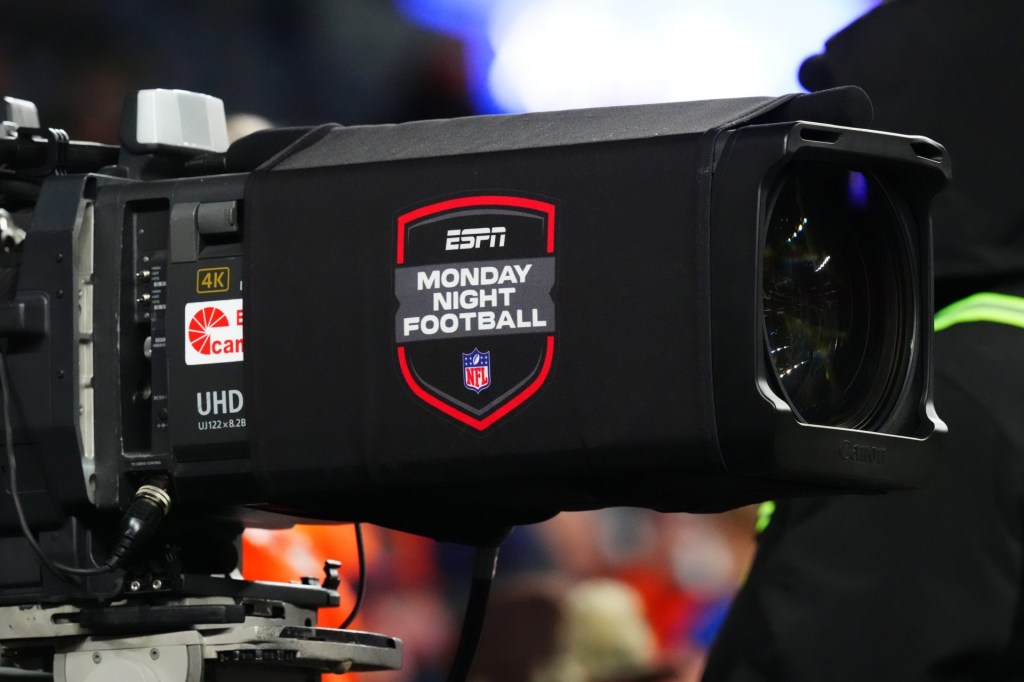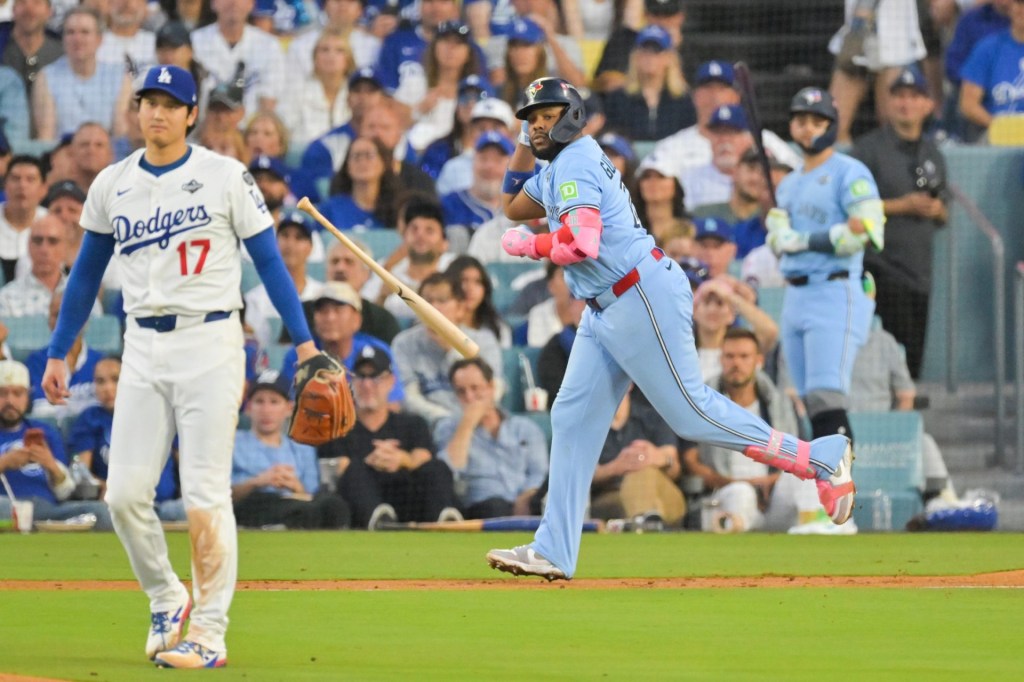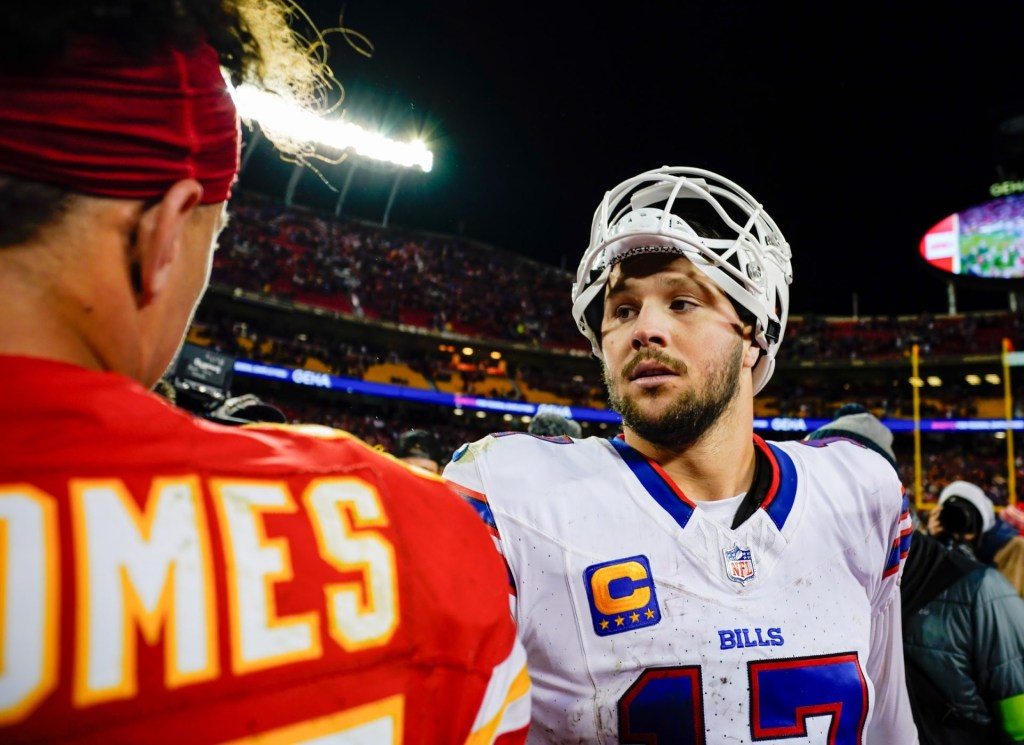During Super Bowl week, Greg Olsen of Fox Sports had to clarify comments he was disappointed Tom Brady got the Super Bowl LIX assignment instead of him. Some speculated Olsen was sending a signal he wanted to be No. 1—or else he’d leave for another network.
“My relationship with Fox is positive. They know where I stand,” said Olsen.
Welcome to the high-stakes world of sports media personalities negotiating in public. Only a decade ago, the contracts and compensation of top personalities were largely confidential. Now everybody from Olsen, Charles Barkley, and Stephen A. Smith to Colin Cowherd, Dan Orlovsky, Erin Andrews, and Ryan Clark are openly discussing their deals and salary expectations from employers like Fox, ESPN, and TNT Sports.
It’s a risky strategy. Mega-talents like Barkley, Smith, and Cowherd are used to opining on anything and everything. They wield enormous clout and are willing to negotiate in public because they have fallback options if things go south.
Smith, for example, told me during Super Bowl week that he expects to sign a lucrative contract extension with ESPN “very, very soon.” Smith is poised to land a five-year, $100 million deal that could catapult him past Troy Aikman, Joe Buck, and Pat McAfee as ESPN’s highest-paid talent. If the two sides can’t come to a deal, Smith is prepared to go independent, expand into entertainment, or enter politics.
“From a numbers perspective, we agreed months ago. Like literally months ago,” said Smith. “It’s not about the money at this point, because the money was agreed to back in October.”
But lesser stars are taking a gamble. When his ESPN deal expired last year, Clark took to X/Twitter with a 3-minute-plus video warning he felt “played” by his employer. “Somebody’s got to pay the piper. It’s either we get what we want or we make a decision to stand on what we’re worth. It’s not that I think I should be paid more than anybody that does the job. I just want what I’m worth.”
Ex-ESPNer Bill Simmons sputtered in disbelief at Clark’s chutzpah. “Ryan Clark openly challenging them about his extension? Do they have bosses? What’s happening?” asked The Sports Guy. But the NFL analyst’s gamble worked. Within weeks, Clark scored a new deal, paying him an estimated $2 million a year.
As usual, Charles Barkley is in a class by himself. Only Sir Charles would publicly blast his bosses at TNT as “stupid”—while admitting the two sides were at loggerheads over whether he could break his contract.
“There’s been a lot of chicanery going on behind the scenes that I haven’t been happy with,” Barkley told Dan Patrick. “I’m hoping everything works out. But it’s been fascinating dealing with all the TNT BS this entire time.”
The Price
On the other hand, playing hardball can backfire. Companies don’t like to be pressured publicly. And prospective employers might be scared off by talent they consider to be a loose cannon.
“Personally, I hate it,” one agent told me about his sports media clients trying to negotiate in public. “I’ve talked to a number of executives who also agree it’s become so overtly obvious when somebody says, ‘I don’t know what’s going on with my future,’ or ‘Maybe I’ll be here, maybe I won’t.’ To be perfectly honest, if agents and teams of people are doing what they’re supposed to do, everybody who needs to know will know that their deals are up. You won’t need an article—or a soliloquy on TV. It’s gone way too much the other way.”
Will this trend continue? I think so. For one thing, public personalities are sharing more of themselves than ever before. Second, many of these comments come on podcasts, which have a more confessional feel. Third, top talents are now able to exert their leverage to get rid of meddling bosses they don’t like.
Just ask McAfee, who ended the nearly 40-year ESPN career of Norby Williamson by publicly calling him a “rat” trying to “sabotage” his show. The boldness of McAfee and Smith drew praise from ex-ESPNer Dan Le Batard. In the end, McAfee played chicken and won.
“Do you guys realize that Pat McAfee and Stephen A. Smith have now some sort of unprecedented power in the history of the place to call out an executive by name who runs the place and shortly thereafter, the executive is gone,” Le Batard said on his show. “That’s [a] real and substantive shift of brand power.”
